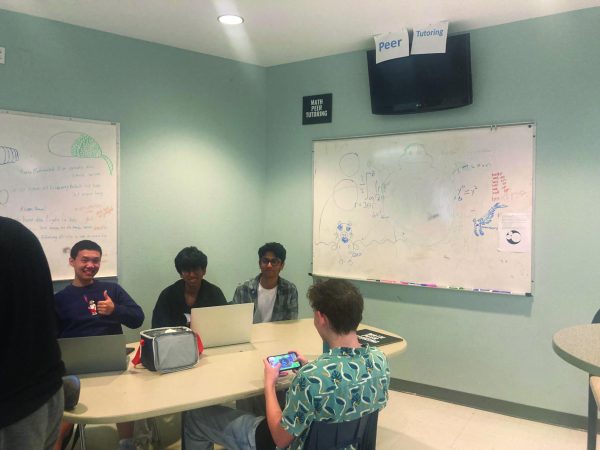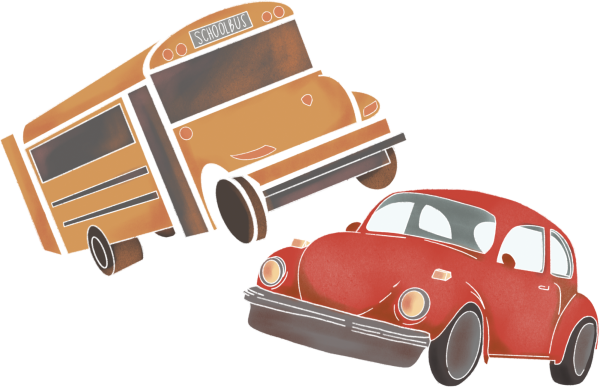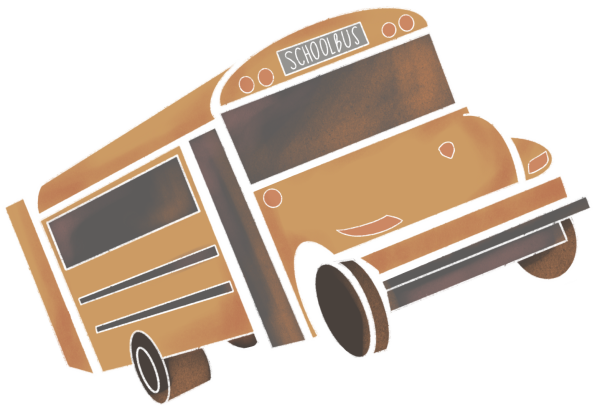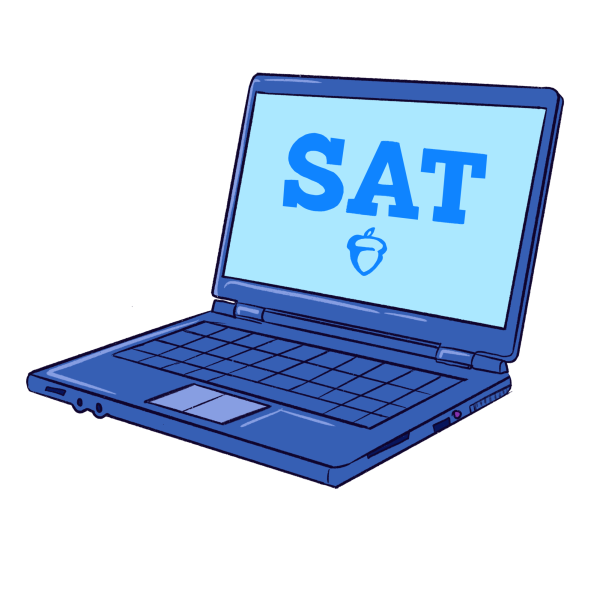IN- DEPTH: Facing Diversity at LASA
May 5, 2022
In a small town in Minnesota in 1970, four schools with special focuses were founded with the intent of gathering students from all over greater Minneapolis into a learning environment that defied the socioeconomic bounds of traditional school systems. With that, the concept of a “magnet school” was born.
Fifty years later, millions of students in the United States are enrolled in magnet schools—magnet schools like LASA. But these schools are not entirely void of bias. To combat this, students at LASA have created a variety of organizations and clubs dedicated to increasing awareness of diversity amongst the student body.
Some of the clubs that are focused on welcoming diversity at LASA are the Black and Latinx Student Union (BLSU), Minorities in Math (MIM) and Women in Computer Science club (WiCS+). In particular, BLSU hosts weekly meetings where students come to participate in a variety of culturally and socially centered events such as karaoke, potlucks, and game days. While the BLSU partakes in social events, students can also find academic events for minorities in the MIM and WiCS+ clubs. MIM meetings consist of playing math-oriented board games, and WiCS+ meetings include presentations on computer science.
According to senior and BLSU president Naiya Vasquez-Castaneda, the organizations are important to create a more unified community for students of every identity. She said BLSU has provided her with the opportunity to meet more people who share cultural backgrounds and experiences similar to her own.
“I didn’t really have a space where I had a lot of Black or Latino friends,” Vasquez-Castaneda said. “Finding a place where I could meet new people, but also develop really close relationships, was really important to me.”
The MIM and WiCS+ clubs are trying to welcome underrepresented groups at LASA who have struggled to find their place in the math and science community. Senior and WiCS+ president Luisa Mao explained their mission.
“We’re building a supportive community and environment in which people can explore computer science and make a difference—no matter how small—in overturning the lack of representation in STEM,” Mao said.
According to senior and MIM president Emilie Baillo, there is stigma around the STEM community for students who come from low-income families, which puts pressure on them to be exceptional. She said that low-income students often feel like high-level education is unattainable, further discouraging them from pursuing programs with the same level of competitiveness as LASA.
“They’re here because their opinions, their voices are valued, so that is why they were accepted into this school and program.” Baillo said.
Baillo also mentioned how important connection to opportunities is for students. During club meetings, Baillo works to provide other club members with guidance about competitions like inteGIRLS Houston, a math competition for female and non-binary students.
“One of the biggest resources we provide and talk about during our Friday lunch meetings is this big list of scholarships and summer programs for underrepresented communities, like free coding or engineering camps at universities,” Baillo said. “We really encourage our members to take advantage of these opportunities that are often not so readily accessible.”
Mao agreed that having connections to opportunities and role models is vital in fostering diversity in academics. In the WiCS+ club, Mao has organized many speakers, like LASA graduates Danika Luo and Hannah Saquing, who are majoring in computer science (CS) in college and can help high schoolers learn about computer science careers.
“I think it’s important to have a role model that you can relate to and see yourself in,” Mao said. “I hope that, in the future, we will see more diversity not just in CS leadership roles, but in all leadership.”
Not only are the clubs paving the way for future generations of diverse students at LASA, but they are also creating change today. Senior and BLSU member Journee Coleman talked about her experience with BLSU and other diversity organizations within the school.
“It’s always important for all kinds of people to have their own space,” Coleman said. “We have the pride club and the diversity council, but we don’t really have anything specifically for Black and brown students. So we are providing a space for people to talk about experiences that aren’t necessarily the most positive and be able to relate to each other.”
BLSU previously invited all students regardless of their ethnicity, but the club is aiming to create an environment for Black and Latinx students specifically to connect and share experiences. This year, according to Vasquez-Casteneda, BLSU was proud to be able to reach all grade levels and include many different ethnicities and friend groups.
“It’s just nice to be able to not only relate to people about backgrounds or shared experiences, but also shared interests,” Vasquez-Castaneda said. “So finding people that fit both of those things, I think it’s just really awesome.”
Although there are some occasions in which BLSU engages in serious conversations or shares personal experiences, the club prides itself on their ability to have fun with each other, according to BLSU junior member Pierre Odom. He talked about the fun parties and events that the club has hosted.
“We can sit down and have serious conversations when we need to, but like, when it’s time to get fun and party, we go crazy,” Odom said.
The positivity these organizations are spreading has done a lot of good for the LASA community, according to Odom, but Baillo believes there is more change to come. She explained that there are still many challenges for minorities to overcome, especially at high education institutions such as LASA.
“One of the challenges that marginalized communities face in trying to break into the STEM and math field,” Baillo said, “is that it feels so advanced, and almost elitist in a sense.”
Particularly in the STEM field, Mao thinks starting to introduce ethnic students to those fields early will help with the future diversification of LASA. She talked about the importance of implementing STEM programs for students earlier on in their school career.
“Minority representation in STEM fields is important, and I believe that encouragement for underrepresented people to join STEM should start early, so why not in high schools and middle schools?” Mao said. “Lack of diversity is not a problem we can retroactively solve.”
In order to continue the growth of diversity at LASA, Mao and Baillo agreed that having conversations about representation and diversity will help minority students feel heard. The clubs help promote searching for ways to include underrepresented groups and making a more socially friendly environment.
“Retention is making sure that we maintain the level of diversity in our school, and retain our minorities,” Baillo said. “It also looks like having community events so that students don’t feel isolated and alone in their classes. They don’t feel misunderstood. They feel like their background is respected.”
Odom said that he hoped BLSU will be able to grow in the future and unite students. He said it was important for students to feel like they had a community of understanding peers who would be able to share advice and support them throughout their high school career.
“[The future] looks like creating a more inclusive and diverse community at LASA, because LASA definitely has a reputation in history of not having a lot of diversity,” Odom said. “This club, and this student union is just one of those things that allows us to come together and have these shared experiences and be able to talk about it collaboratively.”
There are still many clubs and organizations at LASA who are looking to expand their diverse communities and reach more of the student body. Vasquez-Castaneda shared how important and grateful she was to find a group of people that she was able to connect with and relate to.
“It’s just been like such an awesome experience,” Vasquez-Castaneda said. “And something that will just help you in life and you can create these friendships that could last possibly throughout the rest of your time at school. I just really love it.”










